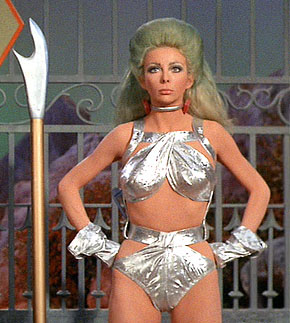Forget the past. Those failures that make you timid now? Screw them. Today is a new day. So you lost a great deal of what you had. So what? The future is before you. Press on.
Learn from the past. Be aware of those who have gone before or you are doomed to repeat their mistakes. They were not really that much different than you. This is how you approach life with wisdom. Don’t start a new church with your Bible and disregard 2000+ years of church history, as if all the saints were clods and all the reformers nothing but axe grinders. The ancient past is rich. Dig deep.

You don’t have to be defined by them. You need not carry on their curses, nor keep your own curses alive.
You are not alone. You are the next thread in a rich tapestry. Do not despair.
And this from Billy Collins:
Some Final Words
I cannot leave you without saying this:
the past is nothing,
a nonmemory, a phantom,
a soundproof closet in which Johann Strauss
is composing another waltz no one can hear.
It is a fabrication, best forgotten
a wellspring of sorrow
that waters a field of bitter vegetation.
Leave it behind. Take your head out of your hands
and arise from the couch of melancholy
where the window-light falls against your face
and the sun rides across the autumn sky,
steely behind the bare trees,
glorious as the high strains of violins.
But forget Strauss.
And forget his younger brother,
the poor bastard who was killed in a fall
from a podium while conducting a symphony.
Forget the past,
forget the stunned audience on its feet,
the absurdity of their formal clothes
in the face of sudden death,
forget their collective gasp,
the murmur and huddle over the body,
the creaking of the lowered curtain.
Forget Strauss
with that encore look in his eye
and his tiresome industry:
more than five hundred finished compositions!
He even wrote a polka for his mother.
That alone is enough to make me flee the past,
evacuate its temples,
and walk alone under the stars
down these dark paths strewn with acorns,
feeling nothing but the crisp October air,
the swing of my arms
and the rhythm of my stepping-
am man of the present who has forgotten
every composer, every great battle,
just me,
a thin reed blowing in the night.



